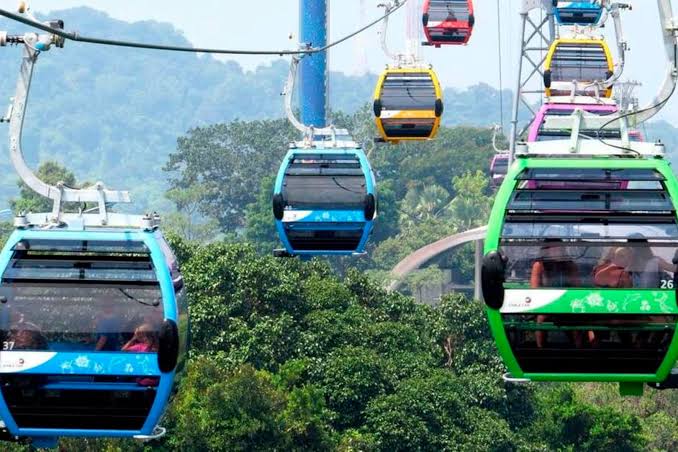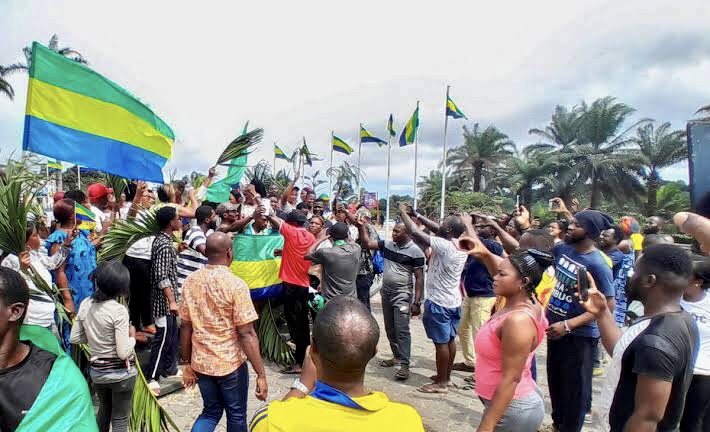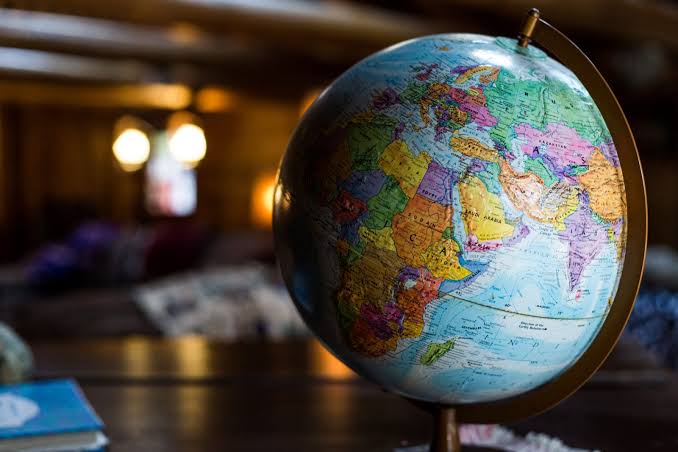
Faith Nyasuguta
Tanzania’s Land Transport Regulatory Authority (Latra) is looking into the possibility of introducing cable transport in at least six regions as part of wider efforts to boost tourism in the country and facilitate commuting in some areas.
Cable transport involves transporting people in motor-less, engine-less vehicles that are propelled by a steel cable, commonly known as ropeway.
Cable transport is a broad class of transport modes that have cables. They transport passengers and goods, often in vehicles called cable cars. The cable may be driven or passive, and items may be moved by pulling, sliding, sailing, or by drives within the object being moved on cableways.
Latra director general Habibu Suluo revealed that they have in recent days done a feasibility study to identify areas that are potential for the installation of cable transport systems.
“After conducting a study, we identified Mbeya, Iringa, Tanga, Morogoro, Arusha and Kilimanjaro as having a great opportunity to introduce cable transport,” he said.
This follows a June 2023 directive by the nation’s Works and Transport minister Makame Mbarawa, who directed Latra to perform their duties to attract investors in cable transport.
Launching the new Latra board of directors, Prof Mbarawa urged land transport regulators to find means to consider cable transport as a means investment opportunity…”Investors are already interested to invest in the sector. You need to be active on issues that require you to work on.”
During the interview, Mr Suluo said the Latra board of directors has approved the feasibility study and they submitted it to the Ministry of Works and Transport for further action.
Particularly, the submission paves the way for further communication with Tanzania’s diplomats in China, Brazil and South Africa so that Tanzanian experts can go and learn from them.
He noted that the business opportunity for cable transport is present, especially in tourist areas. There is one person in Tanzania doing tourism by providing cable services to various tourists, though it is not formal.
“So far, we have not engaged potential stakeholders, there is an appetite for investors to invest in cable transport. That is why, we (Latra) want to come up with a regulation to successfully implement cable transport,” Mr Suluo said.
Latra’s manager research and land transport statistics, Ms Asteria Mushi, disclosed that they were currently seeking funds to get a contractor to conduct a thorough research on cable transport. The contractor will be able to have informative research and highlight the pros and cons of cable transport.
“We need a lot of dollars to implement the second research because the one we did is preliminary research. We want to satisfy ourselves, to see if there are any effects on the environment and other areas,” she said.
Ms Mushi said cable transport is something new in the transport sector, it requires public and individual awareness. She said: The outcome was very positive, when we conducted the preliminary research, representatives from six regions gave some positive opinions about cable transport.
Latra’s decision to conduct studies on the possibility of introducing cable transport comes at a time when a similar attempt hit a deadlock after it was received with pessimism from mountaineers, expedition companies, tourism investors and environmentalists.
In March, 2021, the government announced that it had contracted a company to build a cable car on the southern side of Mount Kilimanjaro to Shira Ridge on the Machame route.
In March last year (2022), the then Minister for Natural Resources and Tourism, revived the matter and sparked a fresh round of protests when he said that it was a well-intentioned decision by the government to introduce a cable car to cater for the elderly and tourists with disabilities and to attract more visitors.
After that speech, expeditionists, adventure and tour operators from around the world wrote to him, protesting the planned $72 million cable car project, arguing first and foremost that it would kill the image and prestige of Kilimanjaro, Africa’s highest point (5,895 metres) and also one of the prestigious Seven Summits (the world’s highest points on each continent).
But Tanzania Association of Tours Operator (Tato) chief executive officer Sirili Akko recently said that the installation of cable transport was not a problem.
“Every project is exceptional. The world we are living in today with advancement of technology we cannot oppose the takeoff cable transport in any way. But, in areas with heritage sites of the country and world general must not be touched nor cable transport installed,” he said.
He said: there was no need to mention heritage sites because most of them are known. “If the government introduces cable transport in other areas with no heritage sites they will not oppose in fact, the association will support the implementation.”
RELATED:




